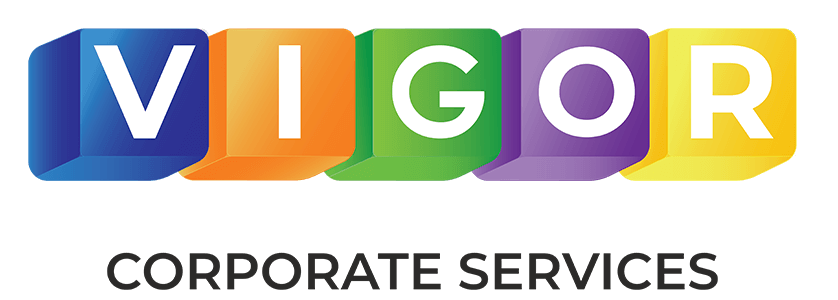UAE VAT Value added Tax
VAT Value Added Tax
Between 2012 and 2014, the UAE economy showed a growth rate of 5.4%, making it one of the highest growing economies in the Middle East and North Africa region. Since then, the UAE has continued to expand at a rate of around 3% per year. The introduction of Value Added Tax (VAT), effective 1 January 2018, is expected to positively impact consumer demand over the short and medium term. The VAT in Dubai and the UAE is a simple tax that can be paid to clients or invoiced separately. The standard VAT rate is 5%. However, there are also reduced rates and exemptions for certain products and services. Some of these reduced rates are zero, 2%, and 5% for purchases such as food, education services, books and packaging materials. UAE has managed to keep the VAT at the lowest levels possible in international standards.
One of the most important pillars of the UAE economy is a Free Trade Zone. It is a special area in a country, which allows tax-free importation of goods and manufacturing without paying customs duties. Emirate of Abu Dhabi is one of the most developed Emirates and an important part of it is founded on this Free Trade Zone. The VAT is applicable to all business-to-consumer sales of goods and provision of services, except for those made to: the government, the United Arab Emirate (UAE) armed forces, the federal and local police authorities. It also does not apply to businesses that engage in industrial and manufacturing activities. These will, therefore, be exempt from the VAT as well as from Value Added Tax registration. There are certain sectors which are exempted from paying or collecting VAT and is zero rated Tax )% VAT. This list comprises off:-
- Imports and exports within freezone and to international countries.
- Cargo, transportation services , be it for marine or air.
- A few education sectors and healthcare services sectors
- Sale of the residential property by the real estate company
Dubai is a fast-paced business hub that offers many great opportunities for entrepreneurs and business people. But it is also a tax free zone – and this means that many small business owners may be unsure of what they need to do in order to register with the government for VAT in Dubai. This article aims to clear up some of the confusion by explaining exactly what VAT is, what businesses require a VAT number and how they can apply for one.
Some of the mandatory requirements which are implemented by Federal Tax Authority (FTA) with regards to VAT registration in UAE are as below:-
- Residents and companies making VAT-taxable supplies in Dubai can register for VAT on a voluntary basis
- Residents and legal entities purchasing goods subject to VAT in Dubai can also register for VAT on a voluntary basis.
- companies importing goods worth more than 187,500 AED per year can choose to register for VAT.
- Businesses in Dubai must register for VAT if their annual taxable turnover is more than AED375,000 (around USD$95,000). Businesses with a taxable turnover of less than AED375,000 are exempt from VAT.
Whether an SME or large corporation, one should be well aware of the rules and regulations regarding the VAT, as well as its implications. The UAE authorities have made it clear that businesses, especially new ones, should take steps towards the registration for their tax obligations and other related duties. In case of refund of the value added tax for companies registered for VAT in Dubai, an enterprise must file a VAT refund claim form. Please note that it is different from case to case. Simply said, it would be hard to recover VAT amount if business has been registered abroad or has no legal entity here in UAE and has purchased goods for resale purposes only. Many of the corporate entities operating in Dubai are foreign companies which are registered for tax purposes. The system is simple. Foreign firms which do business in the emirate are entitled to claim a refund on all tax paid here . If your company carries out trading activities, it will be classified under the category of ‘Commercial trading’ and if it is involved in non-trading activities, it will be classified as ‘Non-commercial’. In both cases, you can file a VAT refund claim at any time during the course of the year. Dubai-registered companies selling goods or services in the UAE that also fall under the scope of VAT will have to register for VAT with their respective Emirate and submit quarterly returns. If a company is registered in a free zone, they should contact chambers of commerce.
Some of Key questions are addressed below:-
